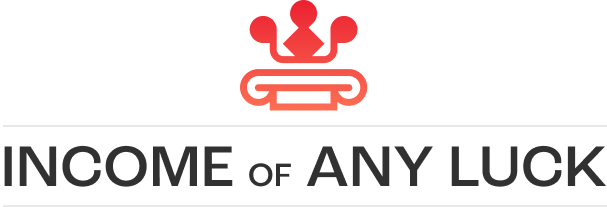
UK inflation jumped to 3% in January, up from 2.5% in December, driven by rising food costs, higher air fares and an increase in private school fees.
According to the Office for National Statistics (ONS), this is the fastest pace of price growth in 10 months.
Grocery staples such as meat, eggs, cereals and butter have become noticeably more expensive, with items like olive oil and lamb soaring by 17% and 16% respectively over the past year. Meanwhile, many households are bracing for further increases, as energy, water and council tax bills are all set to rise in April.
Higher wage bills and a forthcoming increase in National Insurance could also prompt some employers to pass on costs to consumers, further stoking inflationary pressures. “Life is a struggle,” one young mother, Gaby Cowley, told the BBC, noting that her weekly shop has nearly doubled over the past three years.
A key factor in January’s inflation jump was the inclusion of VAT on private school fees for the first time, effective from 1 January. The ONS says this “one-off” addition triggered about a 13% increase in fees at the start of the year.
Air fares also contributed to the rise. Although flight prices usually dip in January, the drop was less steep than usual, meaning travel costs remained higher than in previous years.
The higher-than-expected inflation rate has led to fresh speculation about whether the Bank of England will slow its interest rate cuts. With inflation still above the Bank’s 2% target, some economists believe policymakers may reconsider the pace of further reductions, although many expect the gradual downward trend to remain on track.
Professor Jonathan Haskel, a former member of the Bank’s Monetary Policy Committee, says it’s unclear whether the latest spike is a “harbinger of more to come” or simply an outlier that can be discounted when setting monetary policy.
While Treasury Minister James Murray has warned the path back to lower inflation could be “bumpy”, he insists the government’s reforms will “kick-start” growth. The government also points to the state pension triple lock and new minimum wage rates as ways to mitigate the cost-of-living crunch.
However, both the Conservatives and Liberal Democrats have blamed Labour’s tax and spending policies for January’s rise in inflation, with Liberal Democrat Leader Ed Davey warning of a “new era of stagflation” if growth remains weak while prices climb.
Analysts, including Ruth Gregory at Capital Economics, describe the inflation jump as “uncomfortable” for the Bank of England but do not expect it to halt further interest rate cuts altogether. Nevertheless, the persistent threat of rising wages and higher bills for consumers suggests that inflation could remain a pressing issue for the foreseeable future.
Read more:
Inflation climbs to 3% as pricier food, flights and private schooling hit households

